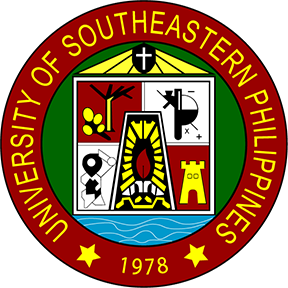This course provides a comprehensive understanding of the principles, processes, and practices of Environmental Impact Assessment (EIA) as a decision-support tool for sustainable development. It emphasizes the legal, scientific, technical, and socio-economic aspects of EIA, with particular focus on Philippine laws, policies, and international frameworks governing environmental management. Students will learn to critically analyze project proposals, assess potential environmental impacts, and design appropriate mitigation, monitoring, and management strategies. Through case studies, workshops, and applied exercises, the course equips students with the skills to prepare, review, and evaluate EIA reports and to integrate environmental considerations into planning and policy-making.
This course provides graduate students with the theoretical foundations and practical applications of research methods and applied statistics in the field of environmental resource management. It emphasizes the formulation of research problems, development of objectives, design of methodologies, and application of quantitative and qualitative approaches to environmental studies. Students will be trained in statistical tools for data analysis, interpretation, and presentation, with emphasis on their relevance to environmental assessment, management, and policy-making. The course also covers the preparation of research proposals and scientific writing, equipping students with the skills necessary to conduct rigorous, ethical, and policy-relevant research that contributes to sustainable environmental resource management.
